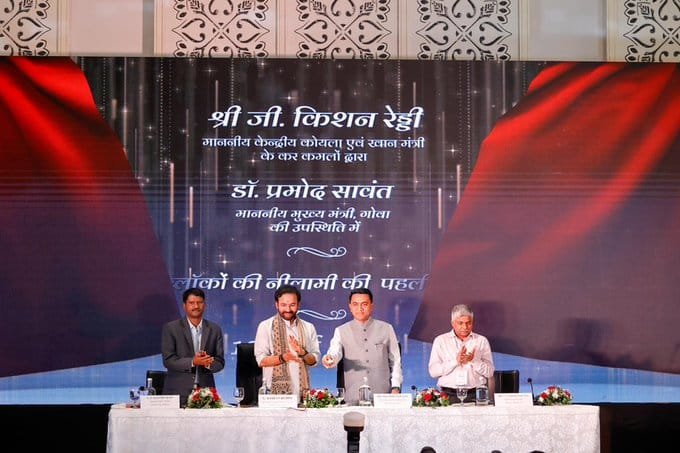Infra financing attractive for lenders

The Indian Government is expected to raise debt from soft-interest international markets as it continues multi-billion dollar infrastructure development across the country.
“Now, for the first time, the government has acknowledged the very, very soft interest rates in international financial markets. So why would we not do that (borrow from overseas),” Dinesh Kanabar, Chief Executive of the Mumbai-based Dhruva Advisors LLP, said on the sidelines of a seminar on Indian Budget 2019-20 on 9 July 2019.
Until now, all the Government debt is rupee-funded with interest rates of 6% to 6.25% but comparatively international financial markets are offering loans at 1% which would significantly reduce the Government’s interest costs, he pointed out.
The Government is confident of borrowing from overseas, supported by stable foreign exchange rates and increasing Indian exports.
Participants at the seminar agreed, saying Indian infrastructure financing has become attractive under the development focused government where the large-scale projects are being accelerated.
The participants also noted growing strength of public sector enterprises (PSEs) involved in infrastructure and planned bond offerings in the international markets.
A recent financial forum in Mumbai has discussed the options of borrowing from overseas.
Kanabar has also highlighted the potential of International Financial Centre (IFC) in Mumbai, which would build international borrowing eco-system in the country.
A committed appointedby the Maharashtra Chief Minister Devendra Fadnavis is working on a Mumbai IFC, a decision on which is expected soon, according to Kanabar.
“The government is considering, and we hope it (decision) would be soon,” said Kanabar, likening the IFC to Gujarat International Finance Tec-City (GIFT CITY) where 10-year tax rate is eliminated or put at zero.
The GIFT City development to its full potential has been slower than anticipate due to the complex Indian tax structure, said financial observers. But the Government has learned valuable lessons and is considering favourable taxes for foreign investors.
The 42.7% tax on Rs.5 crore and above earnings have made some foreign portfolio investors uneasy with many seeking clarity and others opting out from their investments, said the observers.
The Mumbai IFC is expected to come around as soon as GIFT City is in full operations, especially with zero tax rate for 10 years, business executives at the seminar concurred.
Kanabar also noted that a proposal in the latest budget 2019-20 for raising taxes on earnings over Rs.5 crore and above at 42.7% had created some setback in getting fund managers to relocate to India.
The government had wished to bring back fund managers, mostly of Indian origin, saying it would not be taxing their overseas funds.
But the budget proposal to raise tax to 42.7% on earnings of over Rs.5 crore from previous 35% have result in a rethink of fund managers’ decision to move back to India.
“Fund managers overseas who were actively considering relocating to India are now reconsidering their move. This is because India has raised tax on their earnings of over Rs.5 crore and above from 35% to 42.7%. This is significantly higher than what the fund managers are paying in places likes Singapore,” Kanabar said at a seminar.
For example, Singapore taxes fund managers activities at 17%, according to Kanabar.
Among other developments in the Budget, he noted that Finance Minister Nirmala Sitharaman has proposed to set up mega manufacturing zones which would fits into American companies plans to relocate production bases out of China in the face of US-China trade war.
“This scheme in on the anvil,” said Kanabar welcoming the mega manufacturing zone proposal.
India remains a preferred location for American manufacturers moving out of China.
The seminar was organised by Enterprise Singapore and Dhruva Advisors, and supported by Singapore Business Federation (SBF) and Singapore Indian Chamber of Commerce & Industry (SICCI). fiinews.com








